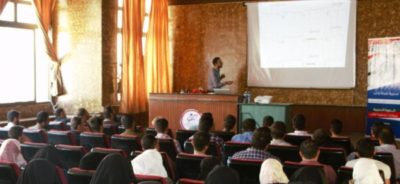Cardiovascular diseases is the medical specialty dealing with the prevention, diagnosis and treatment of disorders of the heart and vascular system. Functions of a cardiovascular specialist include the management, prevention, diagnosis and treatment of coronary artery disease, vascular disease, heart rhythm abnormalities, adult congenital heart disease and heart failure.
Entry into a cardiovascular specialty training program is highly competitive. And excellence in this specialty requires an investment of additional years of career preparation and a lifelong commitment to learning. Since cardiovascular diseases continue to be a major cause of morbidity and mortality in the world , there is a great opportunity for a cardiovascular specialist to impact the lives of patients and the health status of our communities.
A specialty program in cardiovascular diseases provides training and supervised experience in the evaluation, diagnosis and management of a variety of acute and chronic cardiovascular conditions.

Supervision the approved training program.
Full supervision of the exam process in all its stages.
Defining the requirements for recognition of the training centers.
Defining the list of scientific references for specialization.
Conducting academic educational activities, conferences, courses and workshops.
Saturday- Thursday at 09am -3pm, except on holidays.
Cardiovascular Desieses office
Mr. abdulhai almohamad